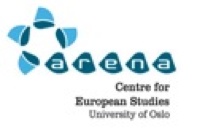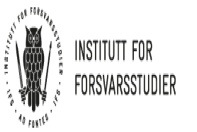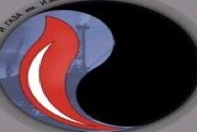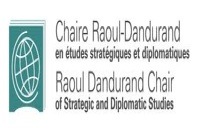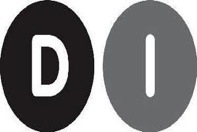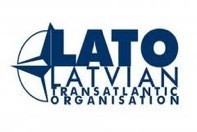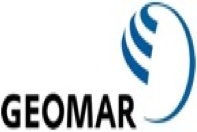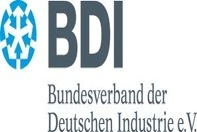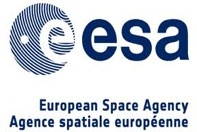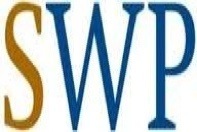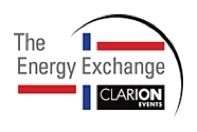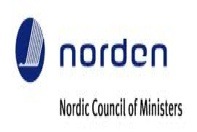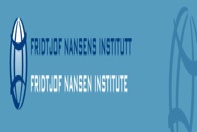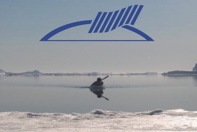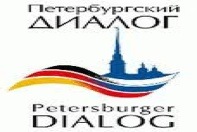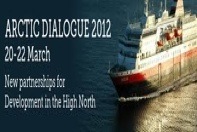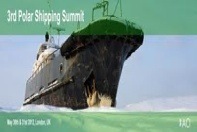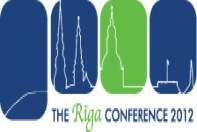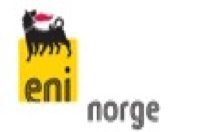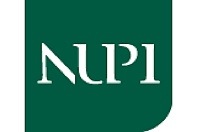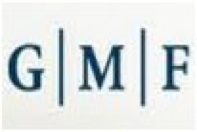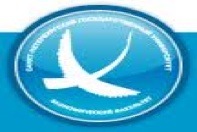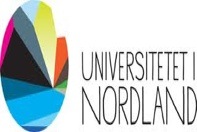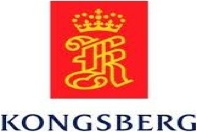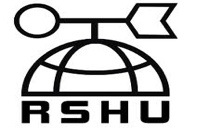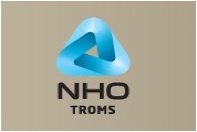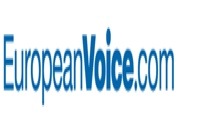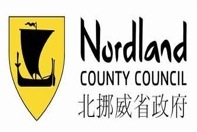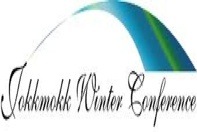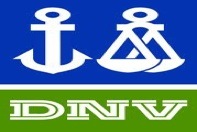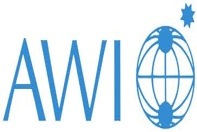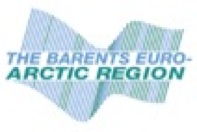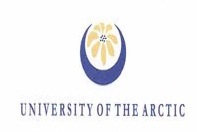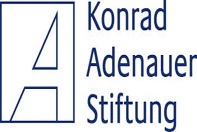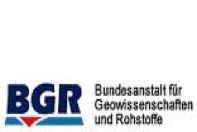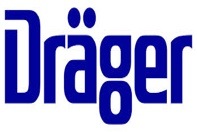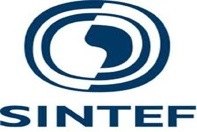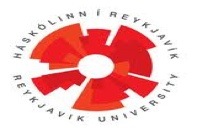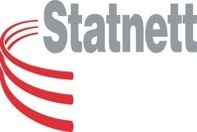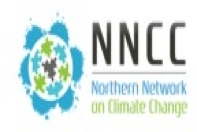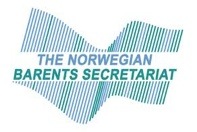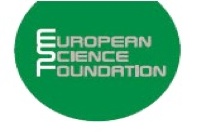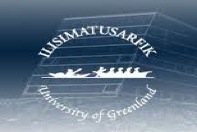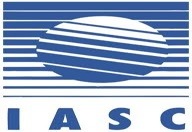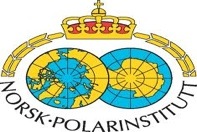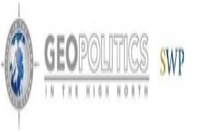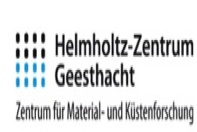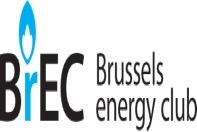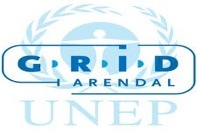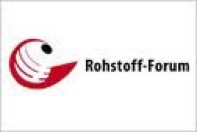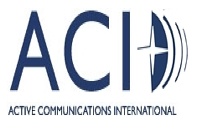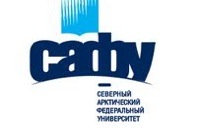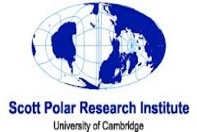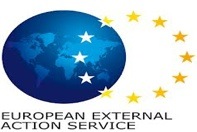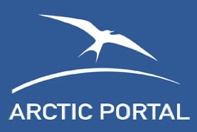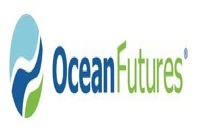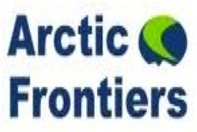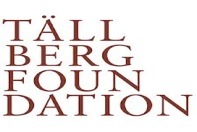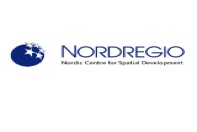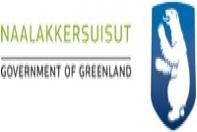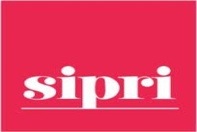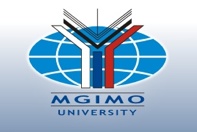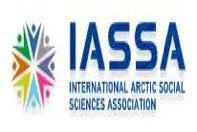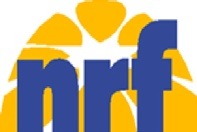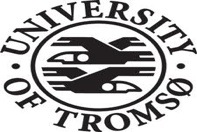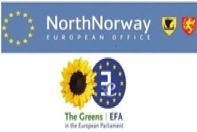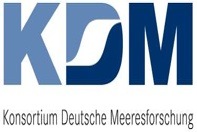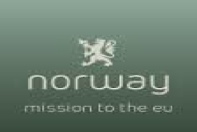Jokkmokk Winter Conference 2012: “Transition: from Knowing to Implementing – How to cope with (Climate) Change?”
 The Fifth Annual Jokkmokk Winter Conference was held from January 30 – February 3rd by the Municipality of Jokkmokk, Sweden. This year’s conference brought together 250 young and senior researches, decision-makers as well as businesses and indigenous representatives from 25 different countries to discuss the challenges and opportunities that climate change have brought to the people of the North. Session Two, “What If? How do we manage these Challenges?” was introduced by the EUAF Secretary General Steffen Weber.The conference focused on four major themes. In the first session, “A Changing World: Human challenges and Human Impacts,” the keynote speakers presented an account of the different nature of change in the North that ranged from changes in climate, in societal Arctic indigenous communities, and dangers within northern Finnish communities due to uranium mining. Speakers such as Gunn-Britt Retter of the Saami Council and the Arctic Council’s Sustainable Development Working Group stressed that the interests, concerns, knowledge and needs of the local population are crucial in achieving change. In many instances, such as the case of uranium mining in northern Finland, Mika Flöjt of the University of Lapland called for more research and new strategies to engage the media and policy-makers to handle these changes.
The Fifth Annual Jokkmokk Winter Conference was held from January 30 – February 3rd by the Municipality of Jokkmokk, Sweden. This year’s conference brought together 250 young and senior researches, decision-makers as well as businesses and indigenous representatives from 25 different countries to discuss the challenges and opportunities that climate change have brought to the people of the North. Session Two, “What If? How do we manage these Challenges?” was introduced by the EUAF Secretary General Steffen Weber.The conference focused on four major themes. In the first session, “A Changing World: Human challenges and Human Impacts,” the keynote speakers presented an account of the different nature of change in the North that ranged from changes in climate, in societal Arctic indigenous communities, and dangers within northern Finnish communities due to uranium mining. Speakers such as Gunn-Britt Retter of the Saami Council and the Arctic Council’s Sustainable Development Working Group stressed that the interests, concerns, knowledge and needs of the local population are crucial in achieving change. In many instances, such as the case of uranium mining in northern Finland, Mika Flöjt of the University of Lapland called for more research and new strategies to engage the media and policy-makers to handle these changes.
Session Two, “What If? How do we manage these Challenges?” was introduced by the EUAF Secretary General Steffen Weber. Weber stressed that the need of knowing what is possible and what is not possible in regards to change, is an crucial importance to effectively develop mitigation strategies. The EU serves as an example of how traditional barriers are overcome when new solutions are found. A similar concept could be applied to the Arctic, which the media oftentimes depicts as an area of conflict and confrontation. Both Steffen Weber and Teemu Palosaari of the Tampere Peace Research Institute highlighted that cooperation is not only necessary, but also a prevailing trait of Arctic politics; contrary to the public opinion. Other speakers highlighted, that in order to effectively adapt to change, that northern and foreign communities must change their behaviors e.g. in terms of energy production and consumption and to facilitate strategies to implement ideas for change.
Session three, “Strategies and Solutions: How to develop a joint understanding?” marked an interactive element of the conference. For example, the group was asked to split up into eight workshops to discuss topics related to northern change, ranging from youth involvement, to geopolitical and case studies. Keynote speakers presented their research findings, which were then discussed with the workshop audience to gain new ideas and to find creative solutions. The workshops were followed by a podium discussion and roundtables with high-level decision-makers, such as the Ambassador of the USA in Sweden, the Honorary Mark Bzrezinski and the Ambassador of the Russian Federation in Sweden Igor Neverov. They all presented strategies for implementing change in their respective capabilities, both ongoing and in the future. Interaction with the audience enabled fruitful discussions for both the discussants and the audience.
Session four,“From Understanding to Action” concluded the result of the previous day and highlighted the role of the individual in achieving change. Ilan Kelman of the Centre for International Climate and Environmental Research in Oslo (CICERO) emphasized that although there are still various gaps in climate change, research decisions needed to be made now. It was also suggested that individuals must also take climate change into consideration when making long-term decisions. Malin Lindfors Speace of Ethos International spoke of the importance of social entrepreneurship when starting a business, to solve problems and to improve situations. Other arguments suggested that green energy, and local production surrounding Arctic change could trigger social entrepreneurship and enable the individual to tackle challenges caused by (climate) change.
The Jokkmokk Winter Conference ended by marking the beginning of the Jokkmokk Wintermarket. For over 400 years this traditional market, which is seen as a cultural Sámi event, offers Sámi food, products and traditional activities.
For more information on the Jokkmokk Winter Conference, abstracts and presentations please go to http://www.nncc.eu/index.php/jokkmokk-winterconference/program/jwc-2012
Programme and Presentations and Reports on the Conference can be downloaded here.
